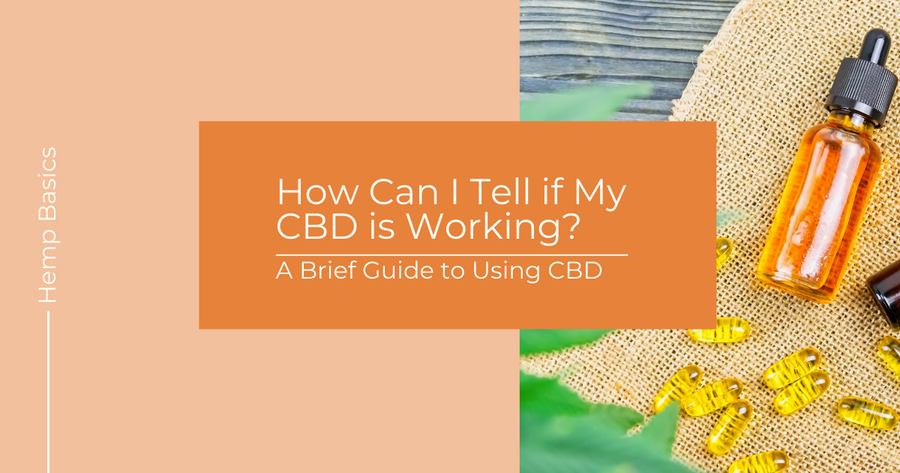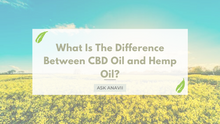While CBD offers a variety of health benefits, one of the most frequently asked questions about using Cannabidiol (CBD) is whether or not it interacts with other medications.
Due to the nature of combining different chemical compounds, this is very important to consider if you do take other medications and would like to try CBD. Research has shown that CBD is generally safe to take and has few, if any, minor side effects.
In the following article, we will discuss the different types of CBD drug interactions and important facts any person using CBD should know.
Keep in mind that the findings below may not always be conclusive as the research for interaction of CBD with other chemical compounds is still underway. We strongly recommend that you speak with your primary doctor or health professional before taking CBD with your prescribed medications.
How Does CBD Interact with Medications?
Since CBD interacts with the receptors throughout the Endocannabinoid System, this can reduce or increase the effects of certain prescription drugs as well as inhibit the activity of cytochrome p450.
Cytochrome p450 is a superfamily of enzymes that plays a key role in breaking down drugs and toxins within the body. When you take a medication or other substance, your body has to break these chemicals or metabolize it.
According to medical research, cytochrome p450 is responsible for metabolizing several cannabinoids, such as CBD. But because CBD interacts with the body’s metabolic system, this can essentially deactivate other chemical substances by altering how its compounds are metabolized.
CBD and cytochrome p450 occupy the same liver enzymes, and taking CBD with other medications can prevent the body from effectively breaking down the medication. Or the reverse can happen and your body may not be able to process CBD as well as it should.
What is the Grapefruit Warning?
Even though research continues for determining the potential interactions between CBD and prescribed medication, one thing is for certain: you should not take CBD if your medication has a grapefruit warning on the label.
According to Shiew Mei Huang, PhD, of the Food and Drug Administration, some prescription and over-the-counter (OTC) drugs include warnings about drinking grapefruit juice due to the effects it has on the way your medication works.
Since both grapefruit juice and CBD can inhibit the same metabolic process, it’s best to avoid the combination. Consuming grapefruit while on these medications can lead to a higher amount of the drug in your bloodstream and adverse side effects.
Below are the most common medications that have a grapefruit warning:
- Antihistamines
- Blood pressure medications
- Blood thinners
- Anticancer medications
- Antibiotics
- Immunosuppressants
- Pain medications
- Cholesterol medications
- Heart rhythm medications
- Mood medications
It’s important to note that not all medications in the categories listed above require you to avoid grapefruit. Please speak with your doctor about your prescribed medication and if you’re able to take CBD.
Talk to Your Doctor About CBD
In conclusion, CBD can provide many health benefits, from relieving discomfort and reducing stress to helping people with disorders and reducing acne. If you would like to try CBD, you should always consult with your doctor first, especially if you have a health condition and take other medications.
Your doctor may also be able to recommend the best CBD products for you that will best fit your needs.
Want to Know More About CBD? Contact Anavii Market Today!
For more information about trying our verified CBD products, you can contact Anavii Market below:
- Call – 502-209-8808
- Email – wellness@anaviimarket.com
- Message us on social media – @anaviimarket









